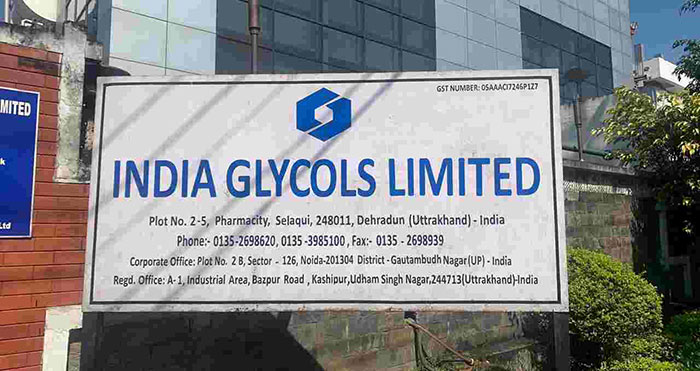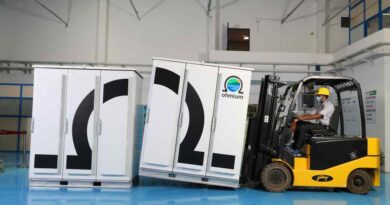Glycols to raise ethanol production capacity of Gorakhpur & Kashipur distilleries

The board of directors at Glycols, a leading ethanol manufacturer, has greenlit a plan to expand its grain-based distillery and biofuel ethanol production capabilities. The proposal entails increasing the grain-based distillery capacity at the Gorakhpur Plant (Uttar Pradesh) and the biofuel ethanol capacity at both the Gorakhpur and Kashipur (Uttarakhand) Plants.
Currently, Glycols operates a grain-based distillery plant with a capacity of 110 thousand liters per day (KLPD) in Gorakhpur. To meet escalating ethanol demands, the board proposes expanding this capacity to 180 KLPD, necessitating an investment of ₹133 crores.
Moreover, the biofuel ethanol plants in Gorakhpur and Kashipur of Glycols presently boast capacities of 100 KLPD and 140 KLPD respectively. To cater to the rising demand, the board has approved expansions of 90 KLPD at the Gorakhpur plant and 450 KLPD at the Kashipur plant, involving investments of ₹4 crores and ₹10 crores, respectively.
Despite a 16% decline in net profit from ₹50 crores to ₹42 crores, Glycols witnessed a substantial 63% year-on-year increase in revenue from ₹554 crores in Q2FY23 to ₹904 crores in Q2FY24.
Presently, India Glycols Ltd. is involved in manufacturing green technology-based bulk, specialty & performance chemicals, natural gums, spirits, industrial gases, sugar, and nutraceuticals.
The company’s stock has surged by 44% in the past six months and 47% over the last year. In recent months, Glycols secured orders worth ₹1,164 crore to supply 165.5 million liters of ethanol to BPCL, Indian Oil, HPCL, Reliance Ind, and Nayara Energy.
During Q2FY24, the company achieved an EBITDA of ₹106 crores, marking a 43.4% year-on-year growth, while the EBITDA margin reached 13.5%, up 257 basis points. In H1FY24, 67% of the company’s revenue originated from Bio-Based Specialties and Performance Chemicals, followed by 26% from Potable Spirits and 7% from the Ennature Biopharma segment.




